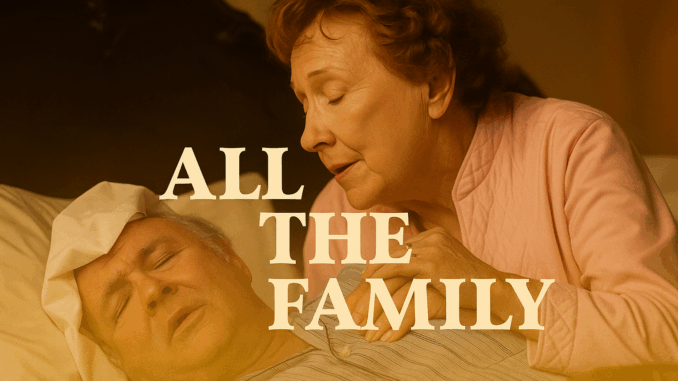
All in the Family faced one of its biggest challenges with a tough Edith Bunker storyline. Discover how the show tackled the emotional dilemma and its impact on fans.
All In The Family Struggled To Resolve A Tough Edith Bunker Plotline
As one of television’s most groundbreaking sitcoms, All in the Family was never afraid to tackle controversial subjects. Yet even for a show known for pushing boundaries, a particularly difficult Edith Bunker storyline tested the writers, actors, and audience in unexpected ways.
Edith Bunker: The Heart of the Show
Portrayed brilliantly by Jean Stapleton, Edith Bunker was more than Archie’s wife—she was the emotional core of the series. Her warmth, patience, and gentle humor provided balance to Archie’s fiery personality. This made any storyline involving Edith especially significant, as audiences were deeply invested in her well-being.
The Controversial Plotline
At one point, the series introduced a storyline that forced Edith into a heartbreaking and challenging situation. Unlike the political debates and social clashes the show typically explored, this arc struck at the personal and emotional core of Edith’s character. Writers struggled with how to portray the storyline with honesty while also respecting the tone of the sitcom.
Behind-the-Scenes Challenges
The production team wrestled with how far they could go without alienating audiences. Jean Stapleton’s nuanced performance added depth and gravity, but the creative team had to make difficult choices in balancing realism with sensitivity. For a comedy series, handling such heavy material was a delicate task.
Fan Reactions
Viewers were divided when the storyline aired. Some praised the show for its courage in confronting difficult issues, while others felt it was too heavy for a sitcom format. Still, the Edith arc highlighted the risks the writers were willing to take in order to stay true to the spirit of social commentary.
A Lasting Impact
Though controversial, the Edith Bunker storyline reinforced the legacy of All in the Family as more than just a comedy. It was a cultural touchstone that reflected real-life struggles and sparked conversations that were often avoided on television at the time.